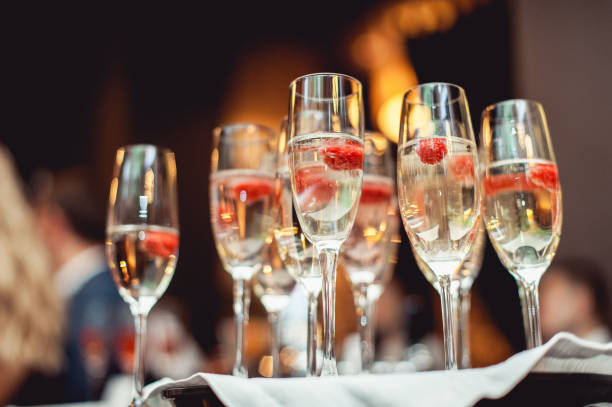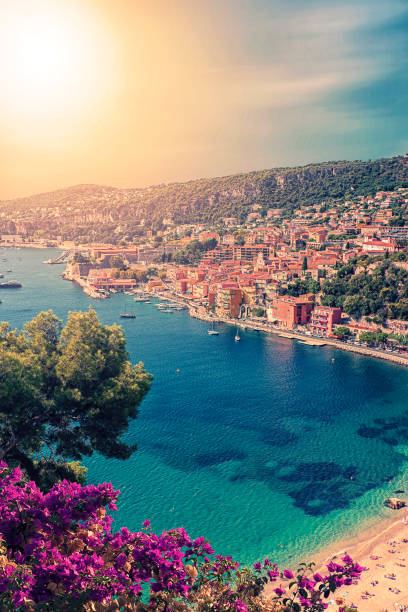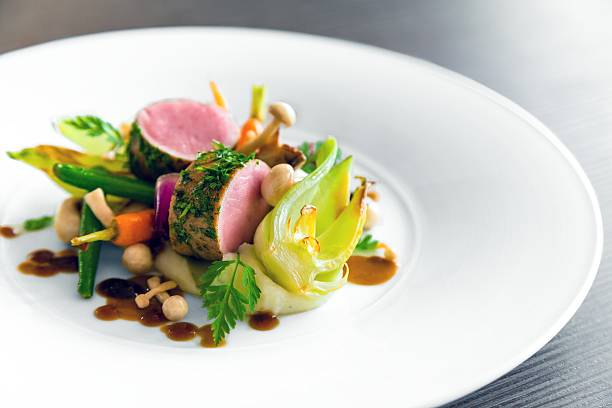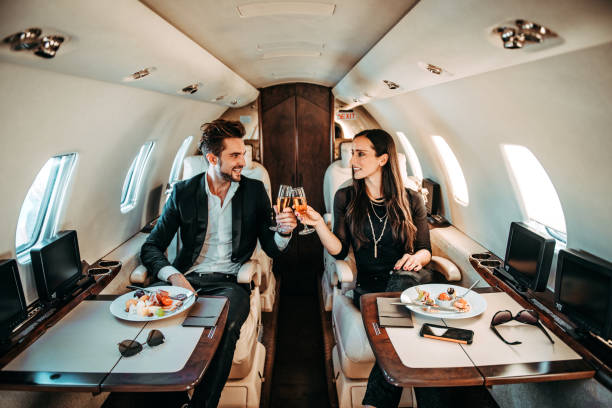The Essence of Luxury: A Comprehensive Exploration
Understanding Luxury: An Elusive Concept
Luxury, a term often associated with opulence and exclusivity, transcends simple material wealth. It embodies a deeper, more nuanced concept that reflects both an individual's values and societal norms. At its core, luxury represents the highest tier of quality, where excellence meets rarity. This definition goes beyond the mere acquisition of expensive items or experiences; it encapsulates a state of refined elegance and superior comfort.
Luxury is intrinsically linked to personal perception and cultural context. While one person may find luxury in a hand-crafted timepiece, another may discover it in an exquisite travel experience. The subjective nature of luxury means that its definition can vary greatly depending on individual tastes, lifestyle, and societal influences. This variability makes luxury a dynamic and ever-evolving concept.
Historical Context: Evolution of Luxury
The perception of luxury has evolved significantly over centuries. In ancient civilizations, luxury was often associated with the possession of rare and valuable resources such as precious metals, exotic spices, and fine textiles. The elite classes of societies like Ancient Egypt, Rome, and China displayed their status through grand palaces, elaborate feasts, and intricately designed garments.
During the Renaissance, the notion of luxury expanded to include cultural and intellectual refinement. Art, literature, and architecture became integral to the definition of luxury, reflecting the period's emphasis on human achievement and aesthetic sophistication. The development of personal luxury items, such as bespoke clothing and custom-made furniture, began to reflect individual taste and personal status.
The industrial revolution marked a turning point in the luxury sector. Mass production and technological advancements made high-quality goods more accessible, but they also led to a democratization of luxury. As the exclusivity of luxury items was compromised, new forms of luxury emerged, emphasizing rarity and personalization.
Modern Luxury: The Intersection of Quality and Experience
In the contemporary world, luxury extends beyond physical possessions to encompass experiences and services that offer unparalleled quality. High-end travel, gourmet dining, and bespoke experiences have become synonymous with modern luxury. This shift reflects a broader understanding that luxury is not solely about ownership but also about the richness of experiences.
Modern luxury is characterized by its emphasis on exclusivity and personalization. The rise of bespoke services and tailored experiences reflects a desire for unique, individualized encounters that cannot be replicated. This approach highlights the importance of craftsmanship, attention to detail, and personal connection in defining luxury.
The digital age has also transformed the luxury landscape, with technology playing a significant role in shaping consumer expectations. Luxury brands now leverage digital platforms to offer personalized experiences, engage with clients on a deeper level, and create a sense of exclusivity in an increasingly connected world.
The Role of Branding in Luxury
Branding plays a pivotal role in the luxury market, as it helps to establish and maintain the perception of exclusivity and high quality. Luxury brands often invest heavily in creating a strong, distinctive identity that resonates with their target audience. This includes everything from the design of their products to the aesthetics of their marketing materials.
A successful luxury brand is one that can effectively communicate its values and heritage while adapting to changing consumer preferences. The power of a luxury brand lies in its ability to evoke a sense of aspiration and desirability, creating an emotional connection with its audience.
In addition to traditional branding strategies, luxury brands are increasingly focusing on sustainability and ethical practices. Modern consumers are becoming more conscious of the environmental and social impact of their purchases, and luxury brands are responding by incorporating these considerations into their business models. This shift reflects a broader trend towards responsible luxury, where quality and exclusivity are aligned with ethical principles.
The Psychological Aspect of Luxury
The allure of luxury is deeply rooted in psychology. Luxury goods and experiences often evoke feelings of prestige, success, and self-worth. Owning or experiencing luxury items can provide a sense of accomplishment and validation, reinforcing one's social status and personal identity.
The psychological impact of luxury is also linked to the concept of scarcity. Limited availability and high price points contribute to the perception of exclusivity, making luxury items more desirable. This scarcity effect plays a crucial role in the appeal of luxury, as it enhances the perceived value and uniqueness of the offering.
Furthermore, luxury is often associated with sensory pleasure. The tactile experience of high-quality materials, the aesthetic beauty of well-crafted objects, and the indulgence of exceptional service all contribute to the overall sense of luxury. These sensory experiences create a lasting impression, reinforcing the emotional connection between the consumer and the luxury brand.
Cultural Variations in Luxury
The definition and perception of luxury can vary significantly across different cultures. What is considered a luxury in one region may not hold the same value in another. Cultural context plays a crucial role in shaping individual preferences and societal standards of luxury.
For example, in some cultures, luxury may be defined by the display of wealth through ostentatious consumption, while in others, it may be characterized by understated elegance and refined taste. The cultural significance of luxury is also reflected in traditional practices, ceremonies, and rituals that emphasize exclusivity and high status.
Globalization has led to the cross-pollination of luxury standards and practices, creating a more interconnected luxury market. However, local cultural nuances continue to influence how luxury is perceived and experienced around the world. Understanding these cultural variations is essential for luxury brands seeking to engage with diverse audiences and tailor their offerings to specific markets.
Future Trends in Luxury
The luxury industry is continuously evolving, driven by shifts in consumer preferences, technological advancements, and societal changes. Looking ahead, several trends are likely to shape the future of luxury.
One significant trend is the growing emphasis on sustainability and ethical practices. As consumers become more environmentally and socially conscious, luxury brands are adopting sustainable practices and prioritizing transparency. This shift reflects a broader movement towards responsible consumption and a desire for luxury that aligns with personal values.
Another trend is the integration of technology into the luxury experience. Digital innovations such as virtual reality, augmented reality, and artificial intelligence are enhancing the way consumers interact with luxury brands. These technologies offer new opportunities for personalization, engagement, and immersive experiences.
The rise of experiential luxury is also expected to continue. Consumers are increasingly seeking unique, memorable experiences that go beyond traditional product ownership. This trend reflects a shift towards valuing experiences and connections over material possessions.
Conclusion: The Enduring Appeal of Luxury
Luxury, with its rich history and evolving definition, remains a powerful and captivating concept. Its essence lies in the pursuit of excellence, rarity, and personalized experiences that transcend mere material wealth. As society continues to change, so too will the nature of luxury, reflecting new values, preferences, and aspirations.
Whether through the timeless allure of a hand-crafted item or the innovative excitement of a bespoke experience, luxury will continue to captivate and inspire. Its enduring appeal lies in its ability to offer not just physical possessions, but also emotional fulfillment, personal satisfaction, and a sense of connection to something greater.




